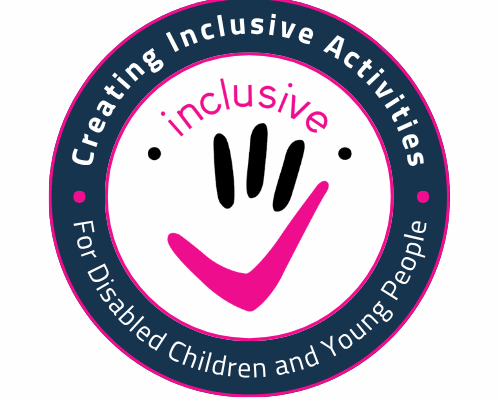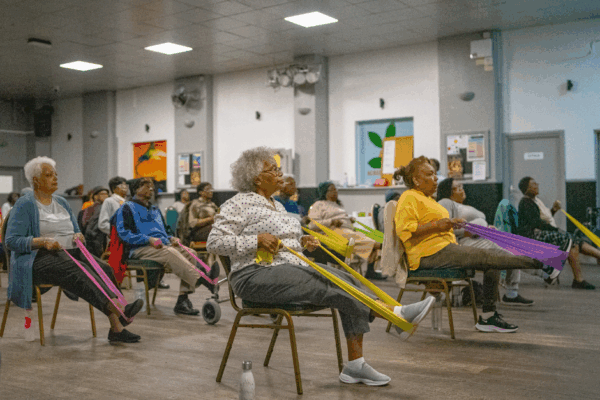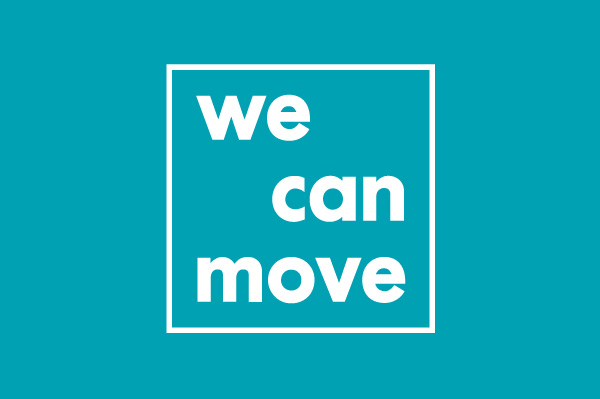What is ageism?
The Centre for Ageing Better define Ageism to be “a bias against people based on their age and manifests in stereotypes, prejudice and discrimination in many aspects of life” . They also suggest that the way people currently talk about ageing and older age is largely negative (https://ageing-better.org.uk/resources/challenging-ageism-guide-talking-about-ageing-and-older-age ).
Live Longer Better Gloucestershire aims to shift beliefs around physical activity for older adults. Ageism is prevalent within culture, in the way we talk about, and represent, older people in policy, the media, at work, and in everyday interactions. Older people are often represented as a burden to society, creating pressures on the health and social care systems, and unable to care for themselves.
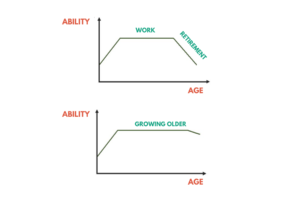
Traditionally, we would look at life where are three distinct phases – childhood and learning, work, and then retirement. Retirement would be short, then we’d get ill and wait for the end. That’s no longer an accurate picture. Life expectancy is now around 80, and life expectancy beyond 65 is increasing year on year. As we are growing older as a population, there is more time to experience things and do the things you enjoy, by keeping active and maintaining social connections.
We need to change the attitudes of those who support older adults. We use the term ‘supporting’ rather than ‘caring’ because being a supporter involves encouraging people to do things that they might be nervous of attempting or believe they cannot achieve.
Examples of positive and optimistic attitudes are
- Whatever your age you can get fitter and increase both your ability and reserve
- As people grow older, they should increase the amount of activity they take
- Experience gives people a good basis for decision making and decision taking
- Many of the problems that we see are due to negative beliefs and therefore being positive is a very important contribution we make to our own progress through life and to the progress of life of others
In Gloucestershire, challenging attitudes to ageing is a priority, especially for Age UK Gloucestershire, who say:
In the next 20 years Gloucestershire’s older adult population is due to increase by 38%, with the cohort aged 85+ due to grow by 84%. (Glos CC 2023*). Age UK Gloucestershire’s mission is to ensure that Gloucestershire will be ready for this change, with the ambitious vision that Gloucestershire will be the best county in which to grow older so that:
- The people of Gloucestershire hold positive views about ageing and older people, and reject ageism
- Local infrastructure enables all older people to join in with community life, fully and safely
- Older people have access to a wide range of meaningful activities in their community that offer fun, connections and a sense of purpose
- Local housing, health and care provision responds creatively and positively to the needs of older people
- All older people have a place to turn to talk about later life issues and where they can access information, advice and guidance.
As an independent, local charity that benefits from being part of the national Age UK network, our vision will encompass all older people, regardless of their background or circumstance. We recognise that we cannot do this alone and that it is the responsibility of the county as a whole to respond to positive ageing.
Find out more at ageuk.org.uk/gloucestershire/
The Power of Positive Ageing
Our aim is for everyone to share our positive view of growing older.
Older people are often portrayed as dependent with a focus on the things they can’t do. The truth is many older people report that illness doesn’t limit their lifestyle at all. And here’s a fascinating fact: people who hold positive attitudes towards their own age live on average 7.6 years longer than those with a more negative perspective!
Useful resources

The enormous contributions older people make to society
Older people’s contributions to their communities are invaluable – they matter for the wellbeing of older people and their families, as well as for their neighbourhoods but contributions are often overlooked or limited by ageism and other barriers.

Are you an accidental ageist?
Accidentally ageist behaviour can include using phrases such as “you can’t teach an old dog new tricks” or “you look good, for your age” which more than half of people (55%) admitted to doing sometimes.
In contrast, two in five people (38%) demonstrate an ageing without limits mentality with a mostly positive attitude towards ageing by saying they would never use such phrases.
The Centre for Ageing Better believes the way we talk about age influences the way we feel about the ageing process and the way we act towards people in different age groups.
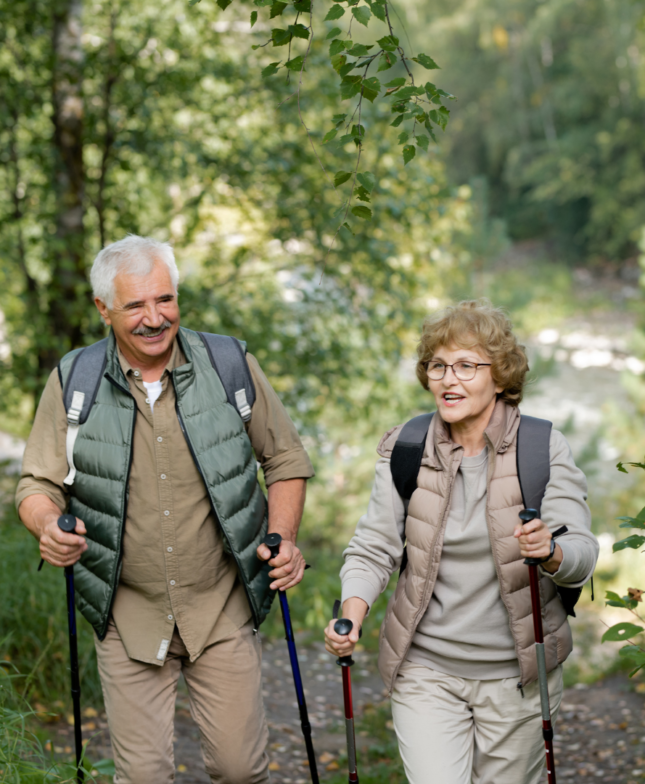
Challenging Ageism Guide
This guide is designed as a practical tool to support organisations in communicating about ageing and older age.
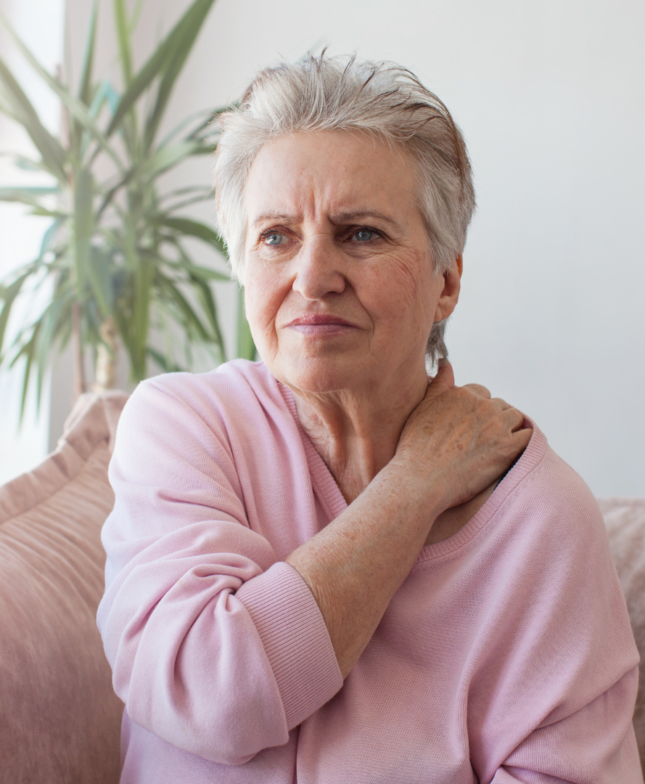
How can we make it easier for people with long-terms conditions to explore movement and physical activity?
Chris Davis, Strategic lead for Health, Active Ageing and Disabilities at Active Gloucestershire has written a blog about how we can support those with long-term health conditions to lead active lifestyles.

